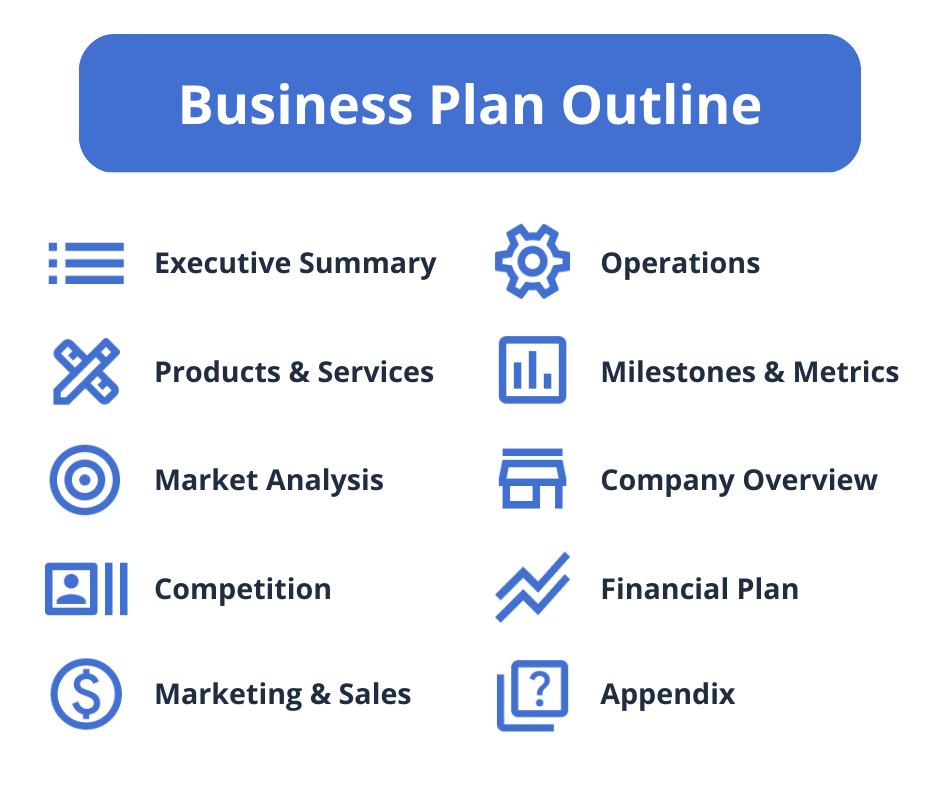How to write a startup business plan in 2023 ?
- To write a startup business plan in 2023, you can follow these steps:

Update Market Analysis: Conduct fresh market research to gather the latest data and insights about your target market, industry trends, and competition. Consider changes in consumer behavior, emerging technologies, and regulatory developments that may impact your startup.
Adapt your Value Proposition: Review and refine your unique value proposition based on the current market landscape. Consider how your startup addresses the evolving needs and challenges of your target customers in 2023.
Embrace Technology: Incorporate the latest technologies relevant to your industry into your business plan. Discuss how you will leverage advancements such as artificial intelligence, blockchain, or automation to enhance your products, services, or operations.
Sustainability and Social Impact: Highlight your startup’s commitment to sustainability and social impact. Describe any initiatives related to environmental responsibility, social justice, diversity and inclusion, or community engagement that align with current societal expectations.
Digital Marketing and E-commerce: Update your marketing and sales strategies to reflect the increasing importance of digital channels and e-commerce. Discuss your plans for online advertising, social media marketing, content creation, and customer engagement through digital platforms.
Remote Work and Collaboration: Consider the implications of remote work and virtual collaboration in your business plan. Outline how your startup will leverage remote work tools, communication platforms, and project management systems to facilitate efficient and effective teamwork.
Data Security and Privacy: Address data security and privacy concerns in your business plan. Discuss measures you will take to protect customer data, comply with data protection regulations, and build trust with your target audience in a privacy-conscious era.

Financial Projections and Funding: Update your financial projections for 2023 and beyond. Consider factors such as changing market conditions, anticipated growth rates, and the impact of inflation. Revise your funding requirements and highlight any new funding opportunities available in the current investment landscape.
Adaptation to Disruption: Assess potential risks and disruptions that may arise in 2023. Develop contingency plans to mitigate these risks and ensure business continuity. Demonstrate your startup’s agility and ability to adapt to unforeseen circumstances.
Review and Refine: After completing the initial draft, thoroughly review and refine your business plan. Ensure consistency, clarity, and accuracy of information. Seek feedback from trusted advisors or mentors to identify any areas for improvement.
Remember that the specifics of your startup business plan will depend on your industry, target market, and unique circumstances. Stay up-to-date with the latest trends and developments in your field to ensure that your business plan reflects the current realities of the market.

